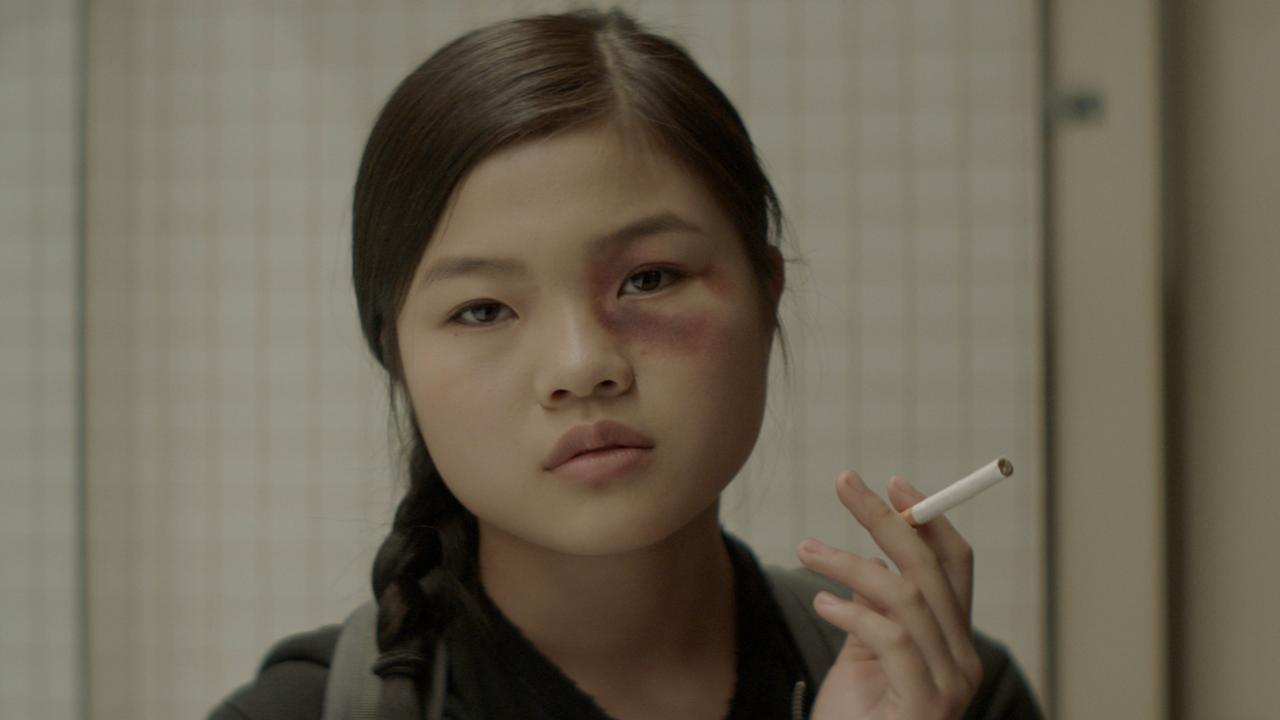Marvelous and the Black Hole combines two pet cinematic soft spots; sad kids are sad and the communication of awe. Cech’s Sammy has earned her sadness and her anger, but they’re both about to take over her life. Unhappy films about children are so often successful because of that balance, where the film is capturing a compelling pivot point. Cech is excellent in allowing the viewer to imagine the versions of Sammy on both sides of that pivot. The awe comes in through Margot’s magic act. She’s no fancy illusionist, but an artist who uses sleight of hand as her medium. Eking out a living alongside the other magicians in her little salon, she uses cards and crepe paper to do meaningful work that can wow a child and move an adult. Perlman is primarily known as the acidic waitress from Cheers, and there’s some of that here in Margot’s blunt honesty. There’s also an earnest warmth that is so overpowering, it can overwhelm Sammy’s resistance, and the viewer’s as well.
Tsang’s use of magic within the plot of her film combines with small injections of magical realism for what might be my favorite movie about or featuring magicians. These usually take the form of a heist film, where the tricks of the trade are good enough to rob a bank, but Marvelous and the Black Hole finds something more true within the art form. Margot’s tricks are pleasing enough on the surface, but they’re also layered and considered and provide a window into her life. Marvelous and the Black Hole is a version of a movie that’s been made plenty of times before, but Tsang makes the familiar feel new. A-

 RSS Feed
RSS Feed